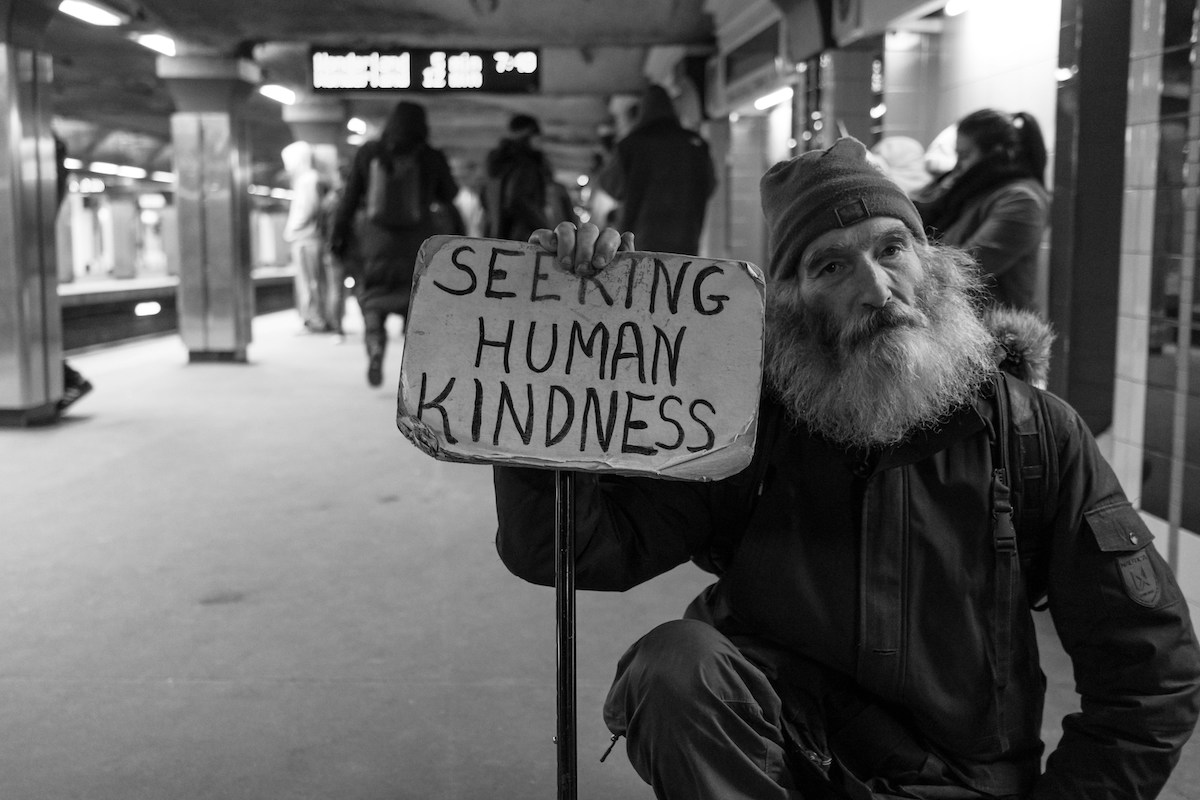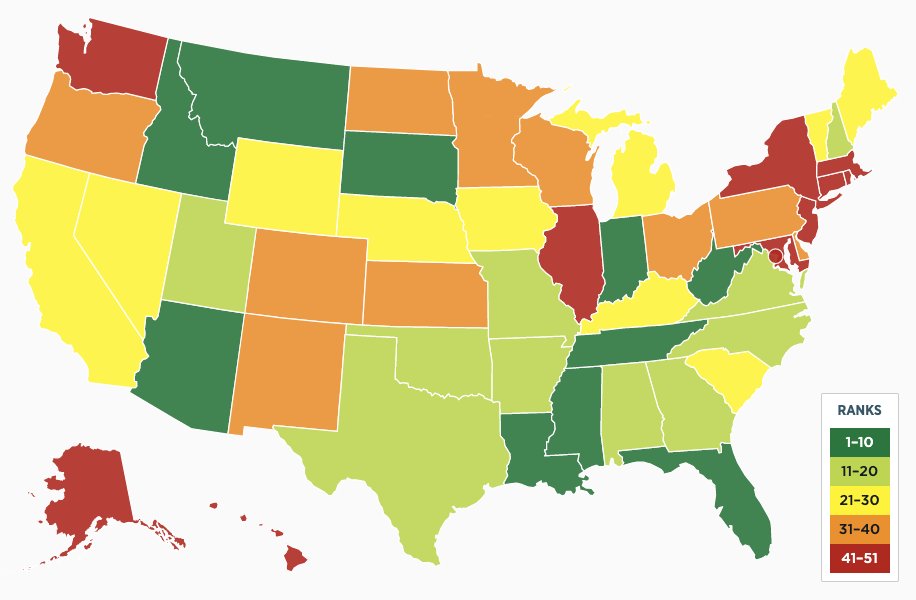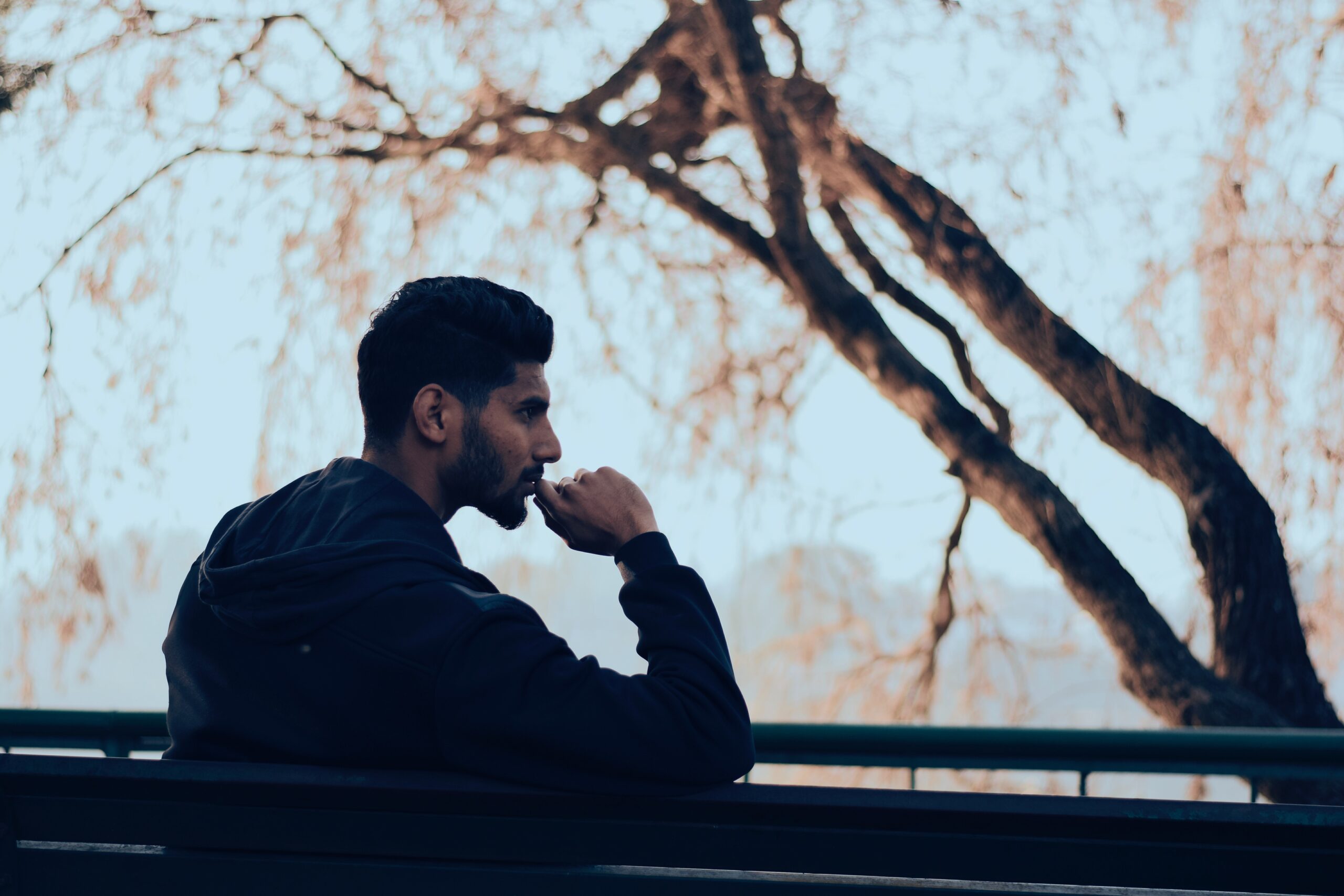If you ever needed confirmation that we’re living in an “Alice in Wonderland” world where up is down, night is day, and hate is love … consider this.
Empathy is toxic.
Yup. You read that right.
Empathy, the willingness and ability to share and relate to another’s experience – be it a family member, a neighbor, a friend – has, for some, become an insidious and evil emotion that threatens to ruin civil society.
Apparently, some think that Jesus’ claim that one of the two greatest commandments – “love your neighbor as yourself” – was a bad idea.
And guess who thinks that Jesus got it all wrong … (drumroll) …
You guessed it! The religious right!
According to Allie Beth Stuckey, empathy is being “hijacked” by progressives who are using empathy to get conservatives to be, well, empathetic. Joe Rigney goes a step further. He classifies empathy as a “sin!” NYTimes writer Jenifer Sazali, notes that Rigney and Stuckey believe that radical liberals are using empathy to “trick Christians into tolerating abortion access and gay marriage.”
How dare they!
Oh, and then there’s Vice President JD Vance, a professed Catholic, who suggests there’s a Christian “empathy hierarchy.” According to the Vice President:
“You love your family, and then you love your neighbor, and then you love your community, and then you love your fellow citizens in your own country. And then after that, you can focus and prioritize the rest of the world.”
He must have missed reading Jesus’ parable of the good Samaritan.
Then there’s Musk, the father of 14 children by four different women. He calls himself a “cultural Christian.” According to him, “The fundamental weakness of Western civilization is empathy,” and that “foreigners” are “exploiting a bug in Western civilization, which is the empathy response.” For Musk “love your neighbor” should become “loathe your neighbor.”
No. “Toxic empathy” is an oxymoron. It is a desperate attempt to relabel a human virtue – in my opinion, a “Godly virtue” – as a vice.
What empathy actually is (and isn’t)
Empathy isn’t pity, and it isn’t just “being nice.” At minimum, it’s the ability to understand—sometimes feel—what someone else is going through.
Empathy is a critical step that moves us beyond pity to action. Sympathy says, “I care about your pain.” Empathy says, “I can sense your pain.” Compassion goes a step further: “I want to help relieve your pain.”
Empathy isn’t the slippery slope; callousness is.
Empathy is the distinctive characteristic of the Christian God
The irony of the claim by some Christians that empathy is “toxic” is that empathy is a distinctive characteristic of the Christian God.
At the core of Christian belief is that “the Word became flesh, and dwelt among us.” That means that God, in the person of Jesus, shared our pain, our fears, our shortcomings, our frustrations, our misgivings, our passions. For Christians, empathy isn’t optional—it is the unique shape of the gospel. The life of Jesus is a witness to a God who is empathetic to the human condition. No other religion or faith can match that claim.
Empathy Myths vs. Realities
Here’s the myth vs. the reality of empathy:
Myth – Empathy makes you weak.
Reality – Empathy strengthens relationships and trust.
Myth – Empathy excuses bad behavior.
Reality – Empathy helps you understand motives while still holding people accountable.
Myth – Empathy is a political tool.
Reality – Empathy is a human virtue—and a divine one.
Empathy vs. Polarization
We live in a polarized world where disagreement quickly leads to dehumanization. Empathy is how we resist that slide. It humanizes the other side long enough for us to hear, understand, and—when needed—challenge. It’s not moral mush; it’s the precondition for moral persuasion.
When critics say empathy is a progressive plot, they inadvertently prove the counterpoint: that lack of empathy is what turns political opponents into targets and neighbors into abstractions.
If your theology or politics requires you to feel less with people in pain, you’re moving away from Jesus, not toward Him. If your empathy ever tempts you to excuse harm, that’s not empathy—that’s avoidance.
I think Erich Bridges put it simply: “
Toxic empathy isn’t our problem; hardness of heart is.”






 Everyone has their own way of peeling shrimp. Rita said the tail goes first. Then you grab the legs at the top of the shrimp and peel around in a circular motion. Once that’s done do something similar to the bottom half. That works for me … but you do you.
Everyone has their own way of peeling shrimp. Rita said the tail goes first. Then you grab the legs at the top of the shrimp and peel around in a circular motion. Once that’s done do something similar to the bottom half. That works for me … but you do you. At this point, you should have a hefty pot of gumbo. Boil then simmer. Once that’s past another sip of wine you add the basil, bay leaves, (very small) thyme, chili power (cayenne pepper is better), a dash of Worchester.
At this point, you should have a hefty pot of gumbo. Boil then simmer. Once that’s past another sip of wine you add the basil, bay leaves, (very small) thyme, chili power (cayenne pepper is better), a dash of Worchester.








